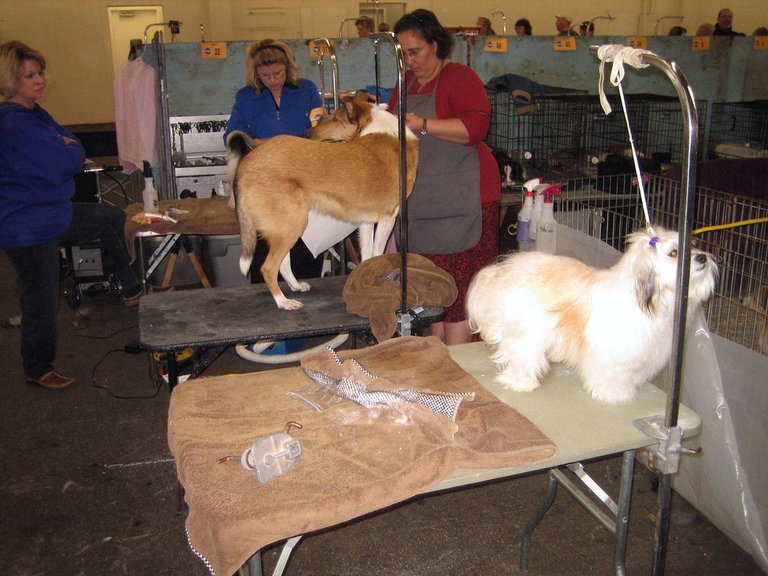What DNA Test on Pets Tells You
Majorly, DNA test is carried out on humans to ascertain the paternity of the child, but a few years ago, DNA test kits started to appear in pet stores, and you may wonder why, the DNA tests for pets are for those who are in doubt of the breed of a particular pet.
DNA tests for dogs are in two categories, we have breed identification and the identification of potential disease. When the breed of a dog is identified early, it prepares the mind of the parent or caregiver about certain conditions that may develop in the future, while this is not certain that this disease will happen, the mind is still prepared for the possibilities.
According to Dr. Patrick Mahaney, understanding the breed combination of a dog can lead to disease awareness related to the breed. Similarly, a good example of progressive retinal atrophy was described by Kukekova, as an irreversible, untreatable genetic disease that can cause blindness. Although it has been documented to affect about 100 breeds of dogs, it is more peculiar to some breeds.
DNA tests can help to ensure breeding pairs are healthy, and decrease the possibility of genetic issues of pure breed puppies or kittens. Very useful for animal shelters too, as a study showed, that half of the pit bulls in Florida shelters had no DNA related to the Pit Bull category of breeds.
With a DNA test, you can understand the behavior and temperament of your dog, their size, details on their physical trait, and as I have earlier mentioned, details on their physical traits. When you know the breed of your dog, for example, it provides you with an idea of what their size would look like when they are fully developed, this way you can match up their potential behavior and energy level too.
There is a certain breed of dog that is particular with hip dysplasia, with this information, pet owners can get engaged in activities that can help with the promotion of hip health. For cats, the existing breeds are not as common as dogs, and this is why their DNA tests are more focused on potential health risks and genetic history instead of the specificity of their breed and behavior.
Experts express caution with result interpretation, a dog or cat may test positive for some health conditions, but it does not automatically translate to mean they will eventually come down with the disease. This is not to say DNA tests for pets are completely inaccurate.
Are you thinking of getting a DNA test kit?
When you are sure of the company you want to work with in confirming the DNA of your pet, then go ahead and purchase the test kit that would either be sent to your home or the office of your vet. Most of the available test kits would need you to swab the oral cavity of your pet which can be done in the comfort of your home, others would require a blood sample which should be performed at the office of your vet.
Be careful to follow the instructions accordingly and ask questions if required, carefully package it back and send it back to the laboratory for a proper DNA test to be conducted, this will take time, about 4-6 weeks depending on the company you are working with, it may come in form of mail, or get delivered directly to your vet's office. With the result, you have a clear understanding of what to expect from your pet (in terms of behavior) and in terms of health. Let me know if you would like to conduct a DNA test on your pet, or do you consider it a waste of money and time?


Wow! This is so educational, never in my wildest dreams would I have ever thought DNA can be carried out on dogs.
Thank you friend and thanks for sharing.
I was surprised as well, thank you for the vote.
Thanks for your contribution to the STEMsocial community. Feel free to join us on discord to get to know the rest of us!
Please consider delegating to the @stemsocial account (85% of the curation rewards are returned).
Thanks for including @stemsocial as a beneficiary of this post and your support for promoting science and education on Hive.